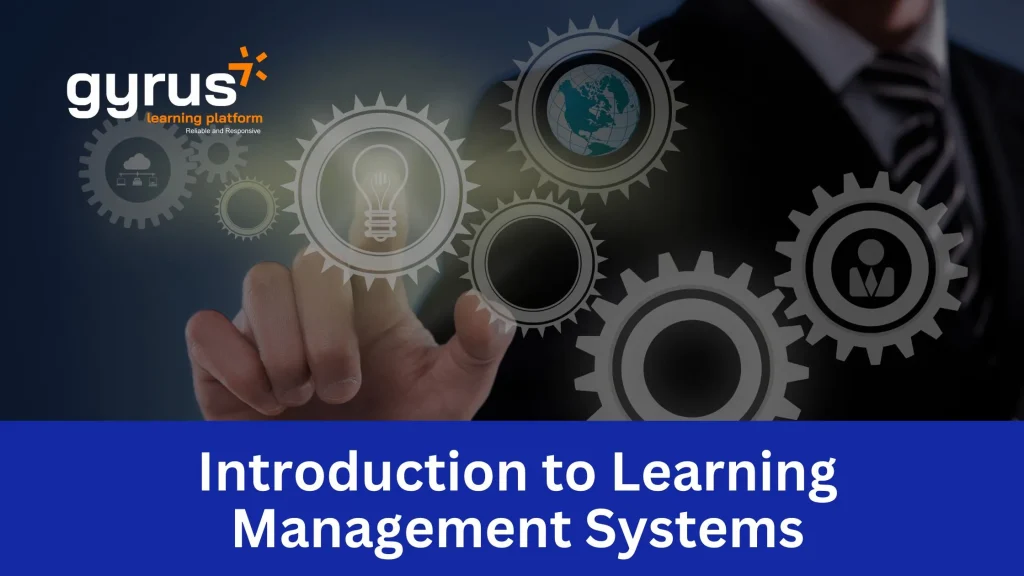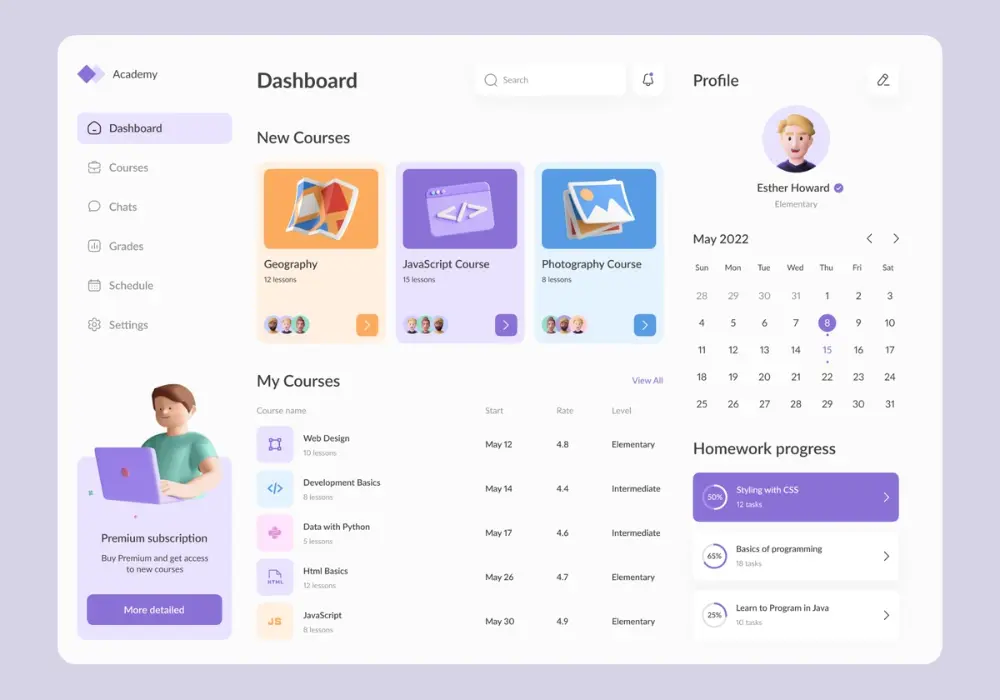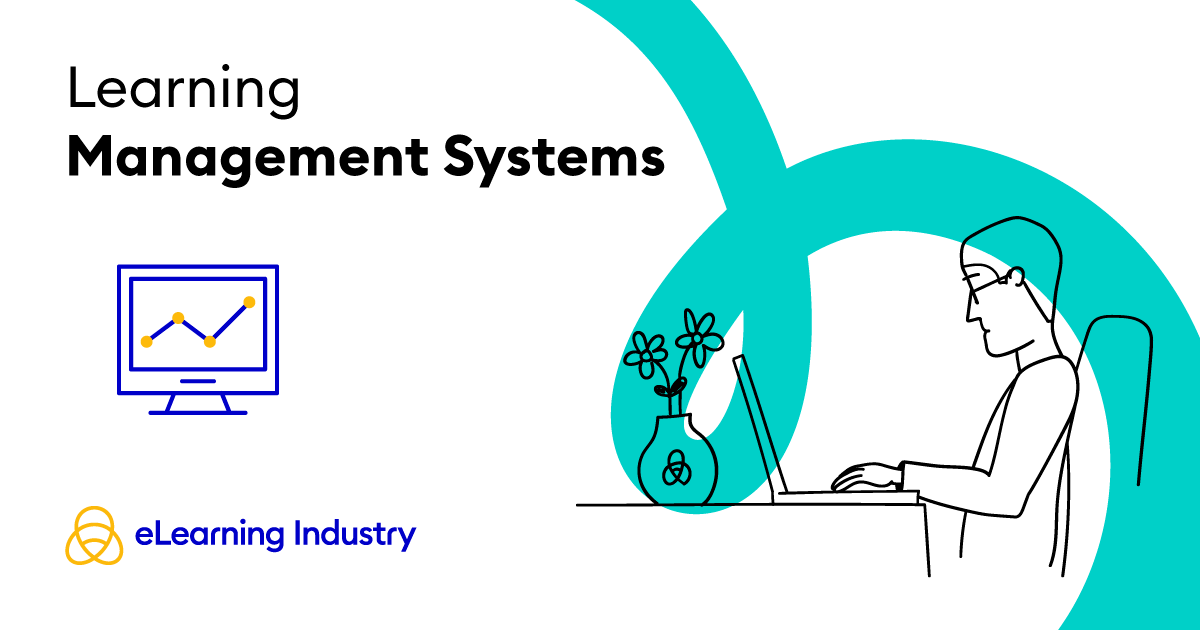Learning Management System Singapore: A Comprehensive Guide for Organizations and Educators
Learning Management System Singapore: A Comprehensive Guide for Organizations and Educators
Blog Article
Picking the Best Knowing Management System for Your Organization
Picking the optimum Understanding Management System (LMS) for your organization is a multifaceted choice that calls for careful consideration of various elements. From specifying accurate understanding objectives that resonate with your critical vision to reviewing customer experience, each variable plays a crucial role in the overall performance of the system. Furthermore, comprehending combination capacities and guaranteeing scalability for future demands can not be neglected. As organizations pursue performance and growth, the option of an LMS comes to be increasingly substantial. What are the critical factors to consider that can influence your decision-making procedure?
Specify Your Learning Purposes
Specifying clear knowing goals is important for the successful application of a Discovering Management System (LMS) These objectives work as a roadmap, assisting the development of web content, analyses, and total educational techniques within the LMS. By establishing specific, measurable, possible, pertinent, and time-bound (CLEVER) objectives, companies can guarantee that the knowing experiences are lined up with their strategic purposes and learner requirements.
Efficient discovering purposes must envelop what students are anticipated to know or be able to do upon completion of a course or training program. This clarity not just help in web content production yet additionally promotes the assessment of learner development and the total efficiency of the LMS. LMS Singapore. Distinct purposes make it possible for stakeholders to examine whether the selected LMS features and performances align with their instructional objectives.
Assess Individual Experience
Once discovering goals have been established, examining user experience becomes a crucial following step in choosing an appropriate Understanding Monitoring System (LMS) Customer experience includes the general complete satisfaction and simplicity with which students engage with the system. A well-designed LMS must assist in intuitive navigating, ensuring that individuals can locate training courses, products, and support effortlessly.
To evaluate user experience, take into consideration carrying out use testing with a representative sample of end-users. Secret factors to evaluate consist of the LMS's interface layout, access features, mobile compatibility, and the clearness of directions provided.
Additionally, evaluate the schedule of assistance resources, such as tutorials and assistance centers, which can boost the user experience. The responsiveness of consumer support is additionally essential; prompt assistance can dramatically reduce stress that users might come across. Eventually, selecting an LMS that prioritizes user experience not only enhances the discovering process yet also fosters greater engagement and satisfaction amongst students.

Evaluate Integration Capabilities
Recognizing the significance of smooth capability, reviewing combination abilities is vital when picking a Discovering Monitoring System (LMS) An effective LMS needs to assist in interoperability with existing systems, such as Human Source Management Equipment (HRMS), Customer Connection Monitoring (CRM) platforms, and various other academic tools. This assimilation improves data flow, reduces management problems, and makes sure a cohesive discovering atmosphere.
When examining an LMS, think about the kinds of assimilations supplied. Try To Find Application Programs User Interfaces (APIs), Single Sign-On (SSO) capabilities, and pre-built adapters that streamline combination processes. Furthermore, validate the LMS's ability to integrate with third-party tools, such as material collections or assessment systems, which can substantially improve the discovering experience.

Consider Scalability and Adaptability
As organizations evolve, the capacity of a Knowing Management System (LMS) to scale and adapt ends up being increasingly vital. A scalable LMS can fit growth in user numbers, training course offerings, and content without jeopardizing efficiency or user experience. As businesses broaden, whether with enhanced personnel, brand-new locations, or varied training requirements, the LMS needs to perfectly expand together with these changes.
Versatility is equally vital; an efficient LMS must sustain numerous discovering techniques, more such as online, blended, and mobile discovering. This flexibility enables organizations to respond swiftly to arising patterns in training and advancement, guaranteeing that they can offer appealing and pertinent knowing experiences - Learning Management System Singapore. In addition, the system should give adjustable attributes, enabling companies to tailor the LMS to their certain needs and branding
Additionally, a flexible LMS should integrate quickly with existing platforms and tools, promoting a natural knowing ecosystem. Thus, when selecting an LMS, it is important to analyze not only its current capabilities but additionally its potential to adjust and grow abreast with the company's strategic goals and progressing discovering requirements. This foresight can substantially boost the lasting stability of the selected LMS.
Evaluation Prices and Budgeting
When examining a Discovering Management System (LMS), evaluating costs and budgeting is vital to make sure that the financial investment lines up with the organization's calculated objectives and economic abilities. Organizations should start by identifying the complete cost of possession, that includes licensing fees, execution prices, maintenance, click to read and any added expenses such as training and technological support.
It is vital to compare various LMS choices, as pricing versions can vary considerably among vendors. Some systems may offer a subscription-based design, while others might bill a single charge. Organizations must additionally take into consideration the scalability of the LMS; as they grow, the expense structure might alter, impacting long-lasting budgeting.

Verdict
Picking an appropriate Knowing Monitoring System (LMS) is important for accomplishing business learning objectives. Eventually, the appropriate LMS serves as a crucial tool in cultivating an effective understanding setting and driving organizational success (LMS SG).
Choosing the optimal Understanding Administration System (LMS) for your company is a complex choice that calls for careful consideration of various elements.Specifying clear learning goals is vital for the effective application Website of a Learning Management System (LMS)Once finding out objectives have actually been established, evaluating individual experience becomes a vital following action in choosing a suitable Knowing Management System (LMS)As organizations progress, the capability of a Knowing Monitoring System (LMS) to range and adapt comes to be significantly important.Choosing an appropriate Knowing Monitoring System (LMS) is essential for accomplishing business learning goals.
Report this page